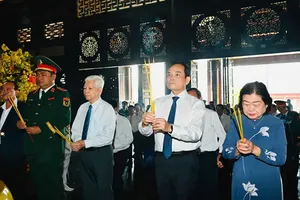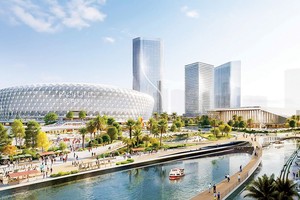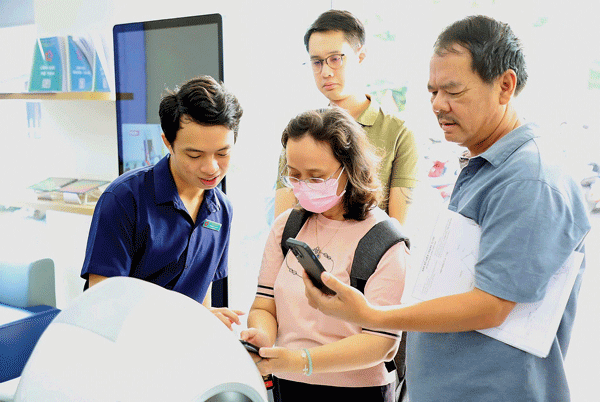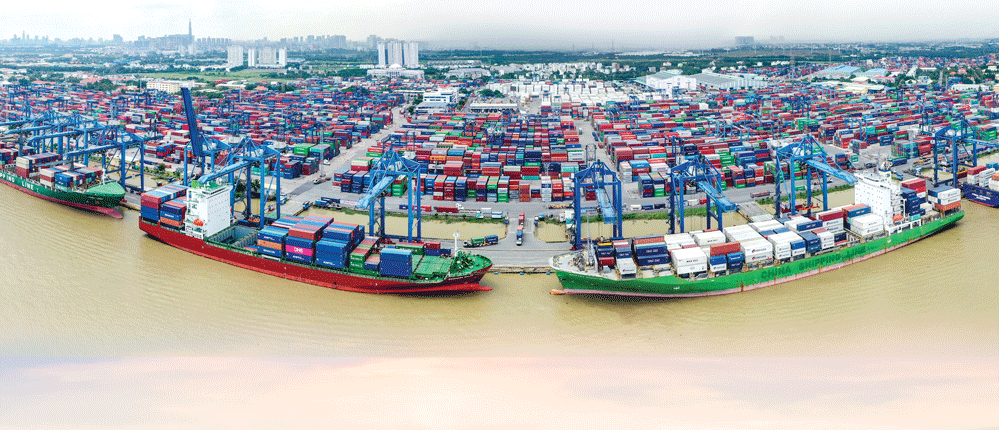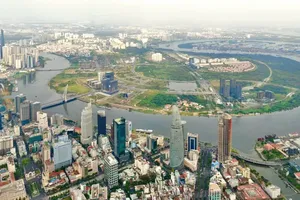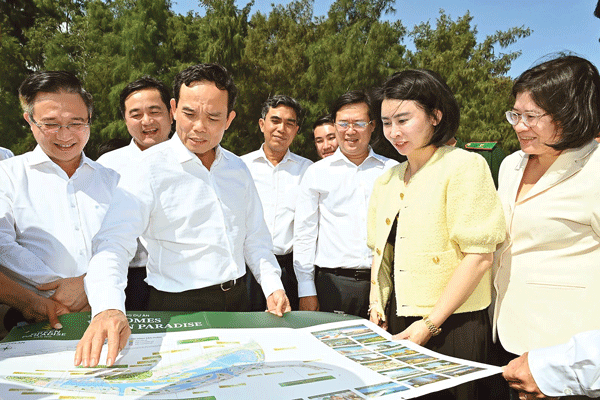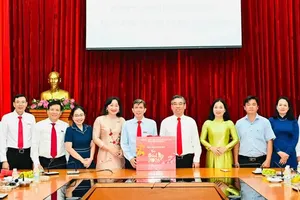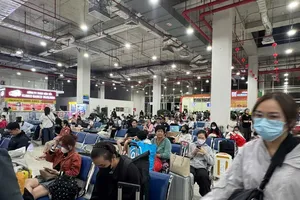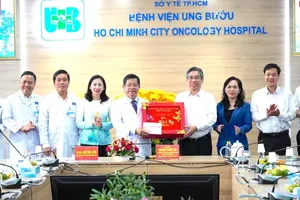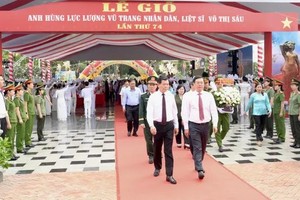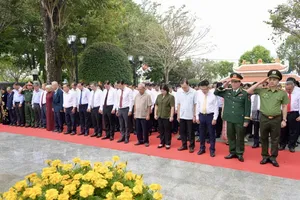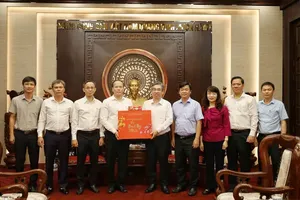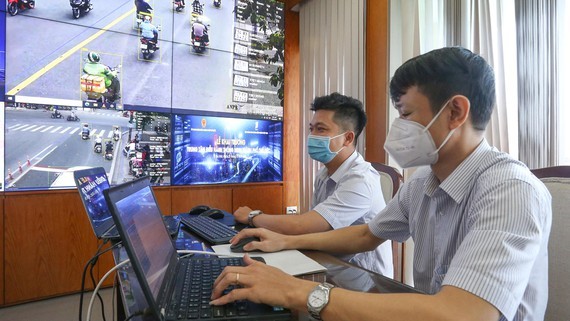
In need of a new house in Binh Tan District, Hoang Anh Trong immediately downloaded the app ‘Binh Tan – Digital Citizen’ to his smartphone to seek planning information. After knowing that the land lot he intended to buy does not belong to any infrastructure or park planning, he felt at peace delivering the down payment to the land owner. To finish the necessary procedure, he only needed to visit a related office twice for legal document provision since most steps in the land purchase and tax payment procedures are integrated.
Director of the HCMC Department of Natural Resources and Environment Nguyen Toan Thang informed that 229,000 files have been successfully integrated between the tax and land management offices. The Department is trying to have all land registration offices in all districts and Thu Duc City integrated with the corresponding tax offices for electronic tax payment.
Similarly, the HCMC civil status database, including birth certificates, marriage registration records, death certificates, was fully developed at the end of 2021, so residents can visit any state office citywide to have their information extracted and certified.
Deputy Director of the HCMC Department of Planning and Investment Dao Minh Chanh stated that his department is on its way of digital transformation, and is now focusing on top-priority aspects like land management, construction, civil status, business permit registration, investment registration.
All districts in HCMC are wholeheartedly joining this digital transformation process in order to serve residents online more conveniently. Many have established their own smart urban operation center, integrating controlling tools for camera systems, fire prevention, smart education management, smart tourism management, online public services, cyber information safety.
In District 12, for example, to monitor land use changes and detect any illegal construction work, an app exploiting remote sensing images and GIS has been introduced to evaluate changes of a certain construction work compared to planning data.
Most impressively, digital transformation has been effectively used in pandemic prevention and control tasks. 11 million individual QR codes and 90 thousand location QR codes have been issued for disease tracking purposes. The Covid-19 information portal and digital map were launched for the public to monitor the current status of the outbreak in HCMC.
Over 900 units citywide have integrated their e-documents via suitable database sharing platforms, and nearly 1 million information requests are processed each day to help people adapt flexibly and safely in the new normal status for socio-economic recovery and development.
Deputy Director of the HCMC Department of Information and Communications Vo Thi Trung Trinh said that it is the Covid-19 pandemic that has urged this digital transformation in HCMC to happen more quickly and effectively. In the near future, the city will continue to complete and then share essential databases in the fields of civil status, healthcare, education, business, tax payers, land management, planning.
More importantly, HCMC will introduce one common mobile app for interaction between the municipal authorities and residents, along with the maintenance of hotline 1022. Users can use this app to perform administrative procedures, receive their results, look up needed authentic information, give feedbacks and rate their satisfaction with each officials in each ward. This is the foundation to form a digital society.
Sadly, Deputy Director Trinh commented that in certain places of the city, the localities are still based their decisions on qualitative reports rather than precise real-time data. In some state offices, there still exists cases of a division refusing an electronic certificate issued by other divisions. Awareness upgrading is, therefore, the most critical to decide the success of the digital transformation process in HCMC.
